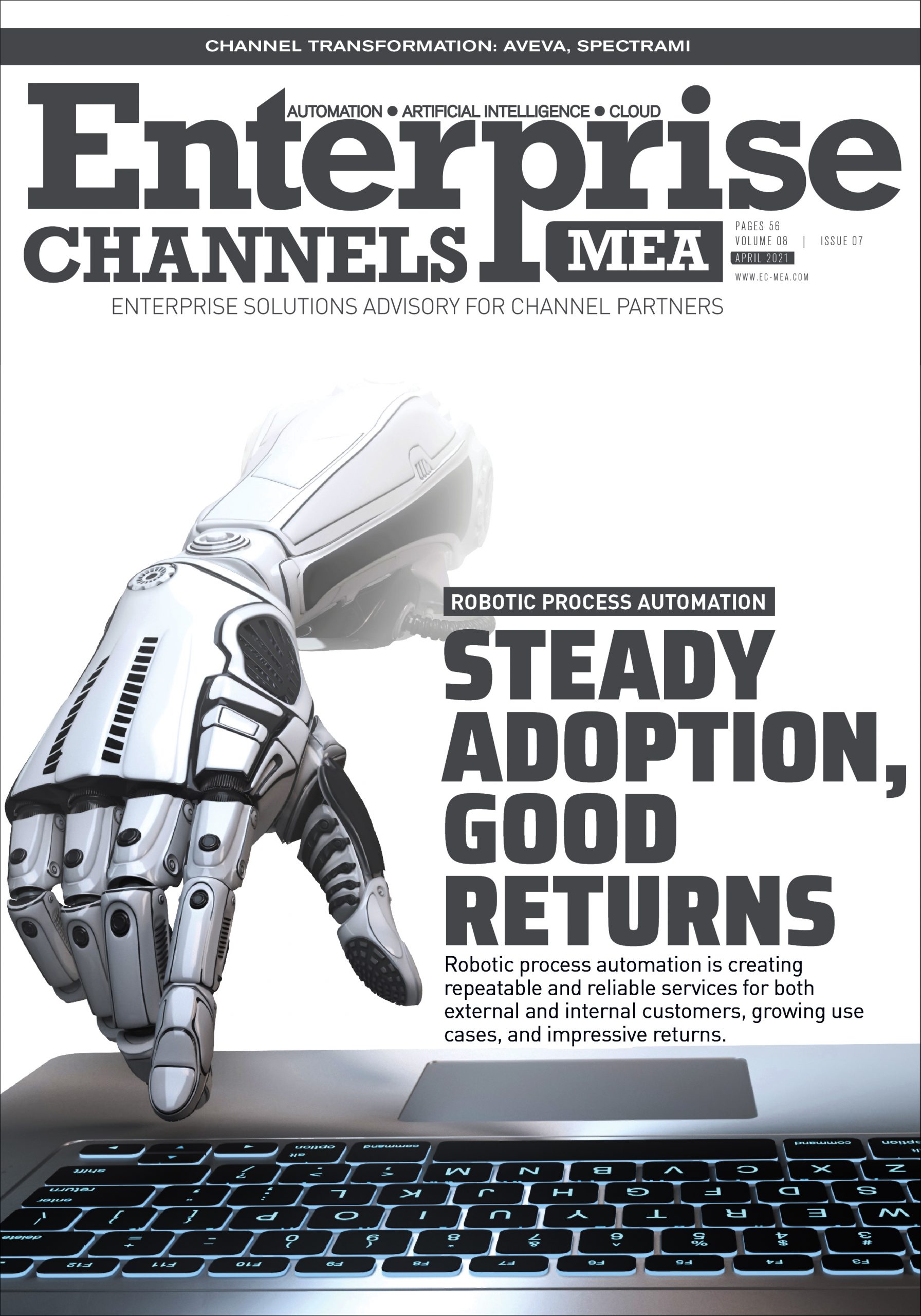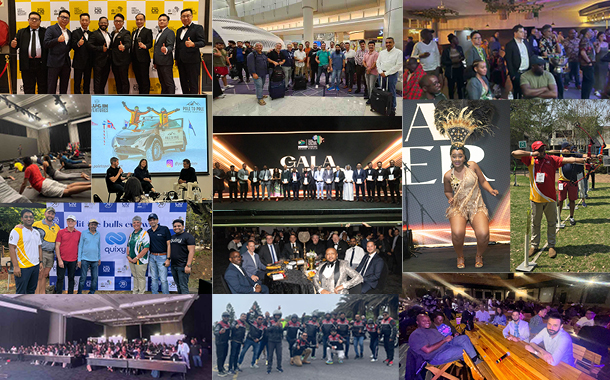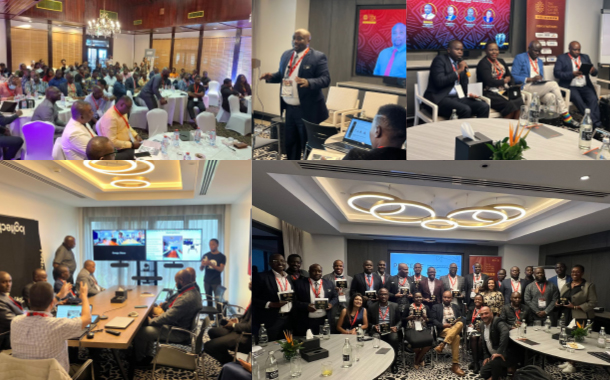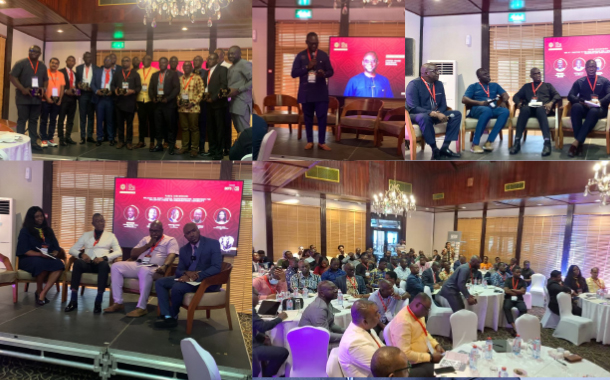Today’s screen-based technologies allow keystroke processes to be automated. While manual tasks can be mapped, the real return comes from revisiting processes, relooking at them and then optimisation. It is not just about replacement of human workers; it is also about organisational processes and roles.
While the technology part sometimes appears to be straightforward, and the most repetitive tasks are the ones to begin with, often there is more to it than just solution implementation.
Red Hat’s Ali Al Shami points out that business processes and decision modeling, are enhanced, while analytics come to the forefront of importance as dashboards and reports can be generated. On the flip side, business processes are a management practice used to automate tasks that are repeatable and have a common pattern.
While business processes are usually modeled with clearly defined paths leading to a business goal, many real-world applications cannot be described completely from start to finish including all possible paths. Also, using a process-oriented approach in certain cases can lead to complex solutions, which are hard to maintain.
TSME works with multiple vendor partners to deliver a customised solution. Says Firas Saifan, TSME works with automation solution providers such as Software AG, Automation Anywhere, MongoDB, COGNIGY, Outsystems, APQC and provides customised solutions.
Automation has also entered industrial plant operations. Many industrial ecosystems are not open and interoperable by design. And new technology often is not compatible and cannot be implemented easily into such systems.
Georges El Mir at Schneider Electric points out manufacturers should embrace open standards and interoperability, much as IT and technology industries have in recent years. Agile manufacturing enterprises have a certain boldness not seen in traditional manufacturing. Industrial strategy should be founded on three pillars: universal automation, sustainable efficiency, software-centric automation
Stephen Gill at Heriot-Watt University Dubai reflects that modern day work satisfaction is also driving the interest in automation. For the digitally savvy worker, business process automation is a means of achieving efficiency, productivity and increasingly important, job satisfaction.
Businesses that understand digital transformation recognise that automation allows them to get more done in less time. Modern employees are looking for meaning in their jobs, which cannot be found in routine, repetitive tasks.
However, integration of various systems and tools can be tricky at times. Automation that occurs across multiple systems is incredibly useful but is also incredibly complex. Process standardisation is one of the most challenging aspects of implementing automation
To build an automated process, customisation is imperative says Wissam Youssef at CME. It is impossible to have ready-made products that tailor to every enterprise requirement, and creating customised solutions will drive partnerships. Whichever OEM solutions are interoperable will drive the feasibility of product partnerships.
There are two process automation priorities that organisations identify with, efficiency and cost reduction. Automation also eliminates manual efforts and human error. Whenever things are done manually, there is a higher probability for mistakes.
The main challenge for business process automation is existing legacy systems. It is not easy for employees to transition to a new system, resulting in internal resistance. Hence, everyone must be aligned with organisational goals and support automation.
Any business which places customer and employee engagement and communications at the heart of its operation, benefits from automation, points out Sanjukta Ray at Dubai Leading Technologies. Best of breed solutions need to be integrated to meet customer needs. Offerings do not exist in silos, with focus on customer proposition and integrated solutions, through projects involving several software vendors.
Also, in this edition we look at how digital technologies are impacting legacy production printing plants, partner programmes of industrial software vendors, and the distribution model of IT security solutions. GEC Media Group in this month’s flagship event, FITS Middle East 2021, recognises top CIO executives and top IT workplaces. Turn these pages for more.
Ramadan Kareem for the holy month ahead.





















